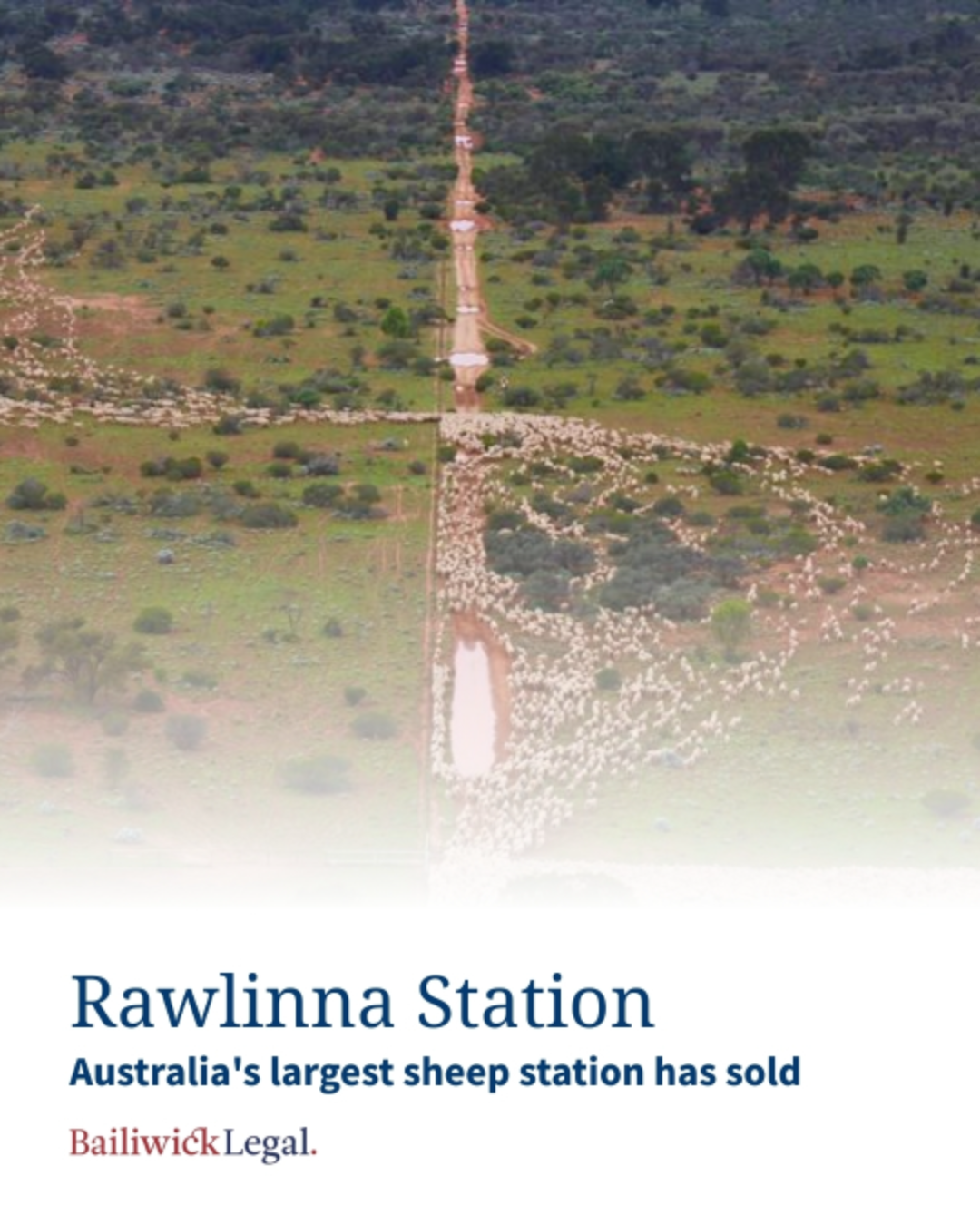Changes to 2019/20 WA State Minimum Wage
February 19, 2026
Author name
The WA Industrial Relations Commission has announced a 2.75% increase to the state minimum wage for the 2019/20 financial year. This increase will apply from 1 July 2019, and will mean that the new WA minimum wage, at $746.90 per week, will still be greater than the national minimum wage, which is to increase to $740.80 per week.
As well as a raise to the state minimum wage, WA award rates will also be raised by 2.75%. Changes to 2019 / 2010 WA State Minimum Wage
The Commission estimates that: “approximately 27,000 employers and over 300,000 employees are likely to be directly or indirectly affected by rises in the minimum wage and minimum award wages.”
Why the increase?
The Commission is required by the Industrial Relations Act 1979 to take a number of factors into consideration when deciding on whether to increase the minimum wage and award rates, including the following:
- Current WA and national economies;
- Needs of low paid workers;
- Capacity for employers to meet any increases;
- The National Minimum Wage decision;
- Need for equal remuneration for men and women for work of equal or comparable value; and
- Any other matters the Commission considers relevant.
After considering these factors and in its decision, the Commission commented that:
“The Western Australian economy is now in the process of improving … and there are signs of growth. However, Western Australia’s economy compares unfavourably with the rest of the national economy, and in that context, the national economy also has its challenges.”
The Commission also noted that: “Sectors of the Western Australian economy where employees are reliant on award increases and the low paid generally are employed, have not yet seen improvements in their profitability or employment growth. Signs of improvement in industries such as mining have not yet flowed to the rest of the economy.”
“A number of factors of particular concern are the spare capacity in the economy and the desire for there to be higher employment, hours worked and other improvements in employment and productivity. The cost of living, measured by Perth Consumer Price Index has increased but only at a low level and low in comparison with other capital cities.”
(The Commission’s full statement and decision can be found at: http://www.wairc.wa.gov.au/index.php/en/latest-news/550-state-minimum-wage-set-at-746-90-per-week)
Is this increase enough?
Not everyone believes that this increase is sufficient to assist low paid workers. Meredith Hammat, Secretary for UnionsWA, commented:
“Today’s decision to increase the WA minimum wage by 2.75% is welcomed however it won’t go far enough to relieve the financial pressure facing working people and their families… It is disappointing that this WA decision is lower than the recent decision to increase the National Minimum Wage by 3%.”
(You can find further comments from Unions WA at: https://www.unionswa.com.au/pay_decision_not_enough_for_living_costs)
How does this effect employers?
If you are an employer paying employees based on these rates, you should be prepared to implement this change from the first full pay period from 1 July 2019. All award rates will be available on the Industrial Relations Commission website and https://www.commerce.wa.gov.au/labour-relations.
Please also remember that, as of 1 July 2019:
- The Federal Minimum Wage and award rates will also be increasing; and
- All businesses will be required to adhere to the new single touch payroll reporting system, unless an exemption has been specifically granted.
If you would like further information in relation to how the above matters may affect your business, please contact us on (08) 9321 5451 or by email at brian@bailiwicklegal.com.au
For further information about our legal services, please visit our website: https://www.bailiwicklegal.com.au.
The above information is a summary and overview of the matters discussed. This publication does not constitute legal advice and you should seek legal or other professional advice before acting or relying on any of the content.

Bailiwick Legal has been honoured to support Forever Wild over the past few years as they delivered one of the most significant conservation land acquisition programs undertaken in Western Australia. Our team assisted Forever Wild with the strategic purchase of four pastoral stations, Narndee , Boodanoo , Meeline and Challa , transactions that now connect three State Reserves and protect more than 12,000 square kilometres of land. To put that scale into perspective, the combined area is approximately five times the size of the ACT and nearly one-fifth the size of Tasmania . Navigating complexity at scale These were not straightforward property transactions. Each acquisition involved: Multiple pastoral leases Layered regulatory and approval pathways Significant operational and on-ground assets Numerous stakeholders across government, industry and land management Our role was to guide Forever Wild through this complexity with clarity, precision and confidence, ensuring each transaction progressed efficiently while managing risk and safeguarding long-term objectives. “ Forever Wild is creating a world-leading model for nature funding that demonstrates we can manage viable, working pastoral stations whilst also restoring and protecting local ecological flora and fauna, and engaging and supporting Indigenous people and local communities. Complex & challenging, but this initiative could literally change the world .” Jessica Brunner - Director, Bailiwick Legal A growing and evolving legal landscape Large-scale conservation acquisitions sit within an emerging and increasingly complex legal field , intersecting land tenure, pastoral regulation, environmental frameworks and commercial considerations. These matters demand a deep understanding of both the legal mechanics and the practical realities of operating in regional and remote Australia. Our team’s experience in agribusiness, pastoral land transactions and regulatory approvals allowed us to support Forever Wild at every stage, from strategic structuring through to completion. Proud to support leadership in nature finance Forever Wild is widely recognised as an industry leader and a steadfast advocate for nature finance initiatives , helping pave the way for greater accessibility and innovation in conservation funding and land stewardship. We are proud to have contributed our relationships, expertise and practical legal insight to help Forever Wild achieve its vision, and to have played a role, however small, in shaping a groundbreaking future for conservation in Australia. At Bailiwick Legal, we value the opportunity to work alongside organisations that are thinking long-term, acting boldly, and creating outcomes that extend well beyond the transaction itself. For assistance with all of your agribusiness needs, contact Bailiwick Legal on 08 9321 5451 or email office@bailiwicklegal.com.au For further information about our legal services, please visit our website: https://www.bailiwicklegal.com.au The above information is a summary and overview of the matters discussed. This publication does not constitute legal advice and you should seek legal or other professional advice before acting or relying on any of the content.

Bailiwick Legal Advises on Landmark Acquisition of Rawlinna Station by Consolidated Pastoral Company
Bailiwick Legal is proud to have acted for Consolidated Pastoral Company (CPC) in its successful acquisition of Rawlinna Station , Australia’s largest sheep station, located on the remote Nullarbor Plain in Western Australia. Spanning over 1 million hectares and running approximately 30,000 sheep , Rawlinna is an iconic pastoral asset with a rich legacy, having been held by the MacLachlan family’s Jumbuck Pastoral Company since its establishment in 1962. The sale marks the first change of ownership in over six decades and was finalised following formal approval from the Western Australian Government for the transfer of the pastoral leases. This transaction involved navigating: The transfer of three separate pastoral leases Coordination across multiple vendor entities Consideration of livestock and operating assets Fulfilment of regulatory and compliance requirements, including WA lease approval processes Bailiwick Legal is a boutique agricultural and regional law firm , proudly based in Perth and Bridgetown, Western Australia. Our role in this acquisition demonstrates that deep sector knowledge, local insight, and personalised legal support are crucial for agribusiness clients managing complex, high-value transactions. Our team, led by our regionally-based solicitor, Matilda Lloyd, provided end-to-end legal and strategic support, including: Due diligence on land tenure and operating assets Contract negotiation and preparation Advice on regulatory approvals and compliance Strategic coordination with CPC’s internal and external stakeholders to ensure a smooth and timely settlement We are honoured to have supported CPC in this milestone acquisition and look forward to watching Rawlinna’s next chapter unfolds. At Bailiwick Legal, we believe that regional expertise, deep industry knowledge, and relationship-based service remain essential to agribusiness success, no matter the scale. Congratulations to all parties involved, including the MacLachlan family, whose stewardship of Rawlinna leaves a lasting legacy in Australian agriculture. – The Bailiwick Legal Team Working alongside agribusinesses to grow, transition, and thrive . For assistance with all of your agribusiness needs, contact Bailiwick Legal on 08 9321 5451 or email office@bailiwicklegal.com.au By Matilda Lloyd (Associate) For further information about our legal services, please visit our website: https://www.bailiwicklegal.com.au The above information is a summary and overview of the matters discussed. This publication does not constitute legal advice and you should seek legal or other professional advice before acting or relying on any of the content.











